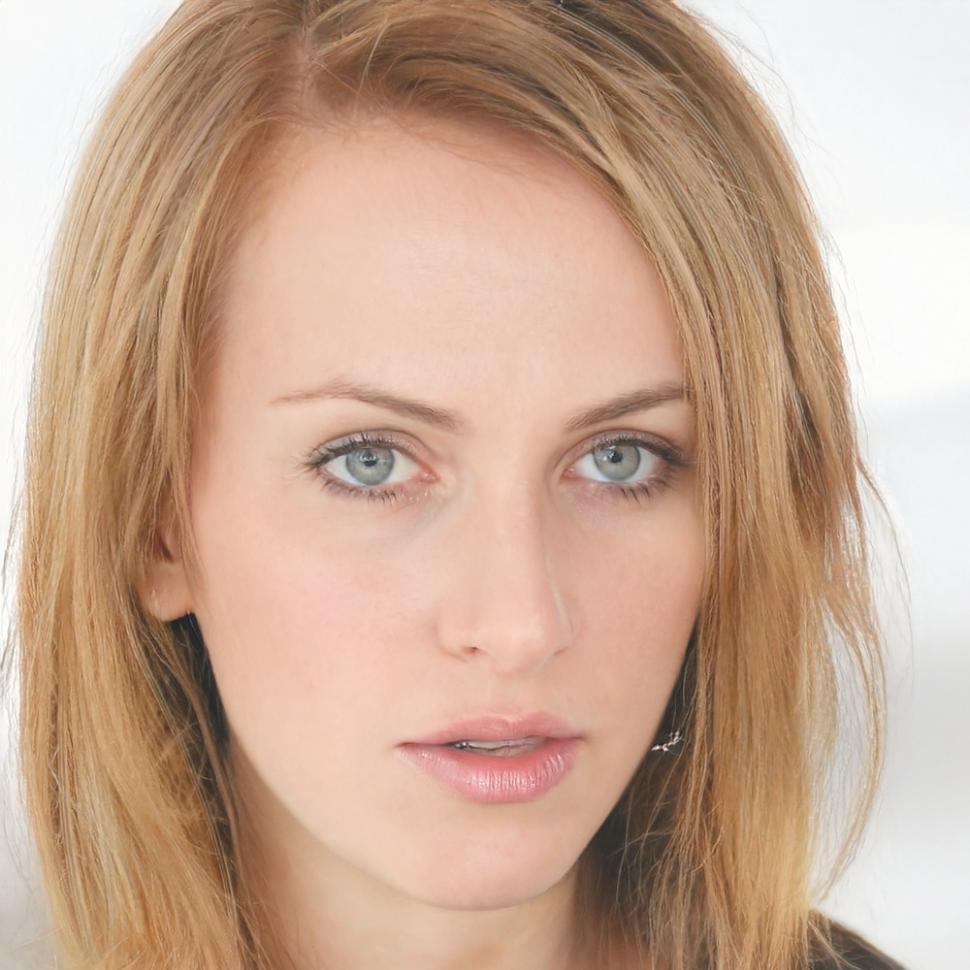Build Budgets That Actually Work
Most people set annual budgets in January and abandon them by March. We teach you how to create flexible financial plans that adapt when life changes. Our program runs from September 2025 through February 2026, giving you the skills to enter each year with confidence.
Explore Our Program
The Three Layers of Budget Mastery
Think of budgeting like building a house. You need a solid foundation before you worry about the roof. Most courses skip straight to investment strategies without teaching you how to track your grocery spending.
Foundation: Track What You Actually Spend
For the first six weeks, you'll just observe. No restrictions, no guilt. You'd be surprised how many people genuinely don't know where their money goes each month. We provide simple tools that take five minutes a day, and by week three, patterns emerge that most people never see.
Structure: Allocate Based on Reality
Once you know your patterns, we build categories that match your actual life. Not some textbook formula that assumes everyone spends exactly 30% on housing. Your budget should fit you, not the other way around. This phase takes about eight weeks because behaviour change doesn't happen overnight.
Refinement: Adjust Throughout the Year
Here's where most budgets fail. People create one in January and never touch it again. We teach quarterly reviews and monthly check-ins that take under an hour. When your car needs unexpected repairs in July, you'll know exactly where to pull that money from without derailing everything.
Your Learning Journey
Our program starts in September 2025 and runs for six months. Each phase builds on the previous one, so you're never overwhelmed.
Weeks 1-6: Discovery Phase
You'll use our tracking templates to record expenses without judgment. Students often discover they spend less on takeaway than they thought but more on subscriptions they forgot about. One participant found three gym memberships charging her simultaneously.
Weeks 7-14: Building Your Framework
We create categories specific to your life. If you're supporting elderly parents, that's a line item. If you're saving for a house deposit, we build that in properly. This isn't about restriction but about intentional allocation of resources you already have.
Weeks 15-20: Testing Under Pressure
December holidays, January school costs, February unexpected expenses. We deliberately schedule this phase to include high-stress spending periods so you learn to adapt your budget when life gets messy. Theory without practice is just wishful thinking.
Weeks 21-24: Long-Term Planning
By February 2026, you'll be creating your first independent annual budget. We review it together, identify potential trouble spots, and set up quarterly check-in schedules. This is where you transition from student to practitioner.

Real Tools for Real Life
We provide spreadsheet templates that work in Excel or Google Sheets. No expensive software subscriptions required. The tools are deliberately simple because complicated systems get abandoned.
You'll also get access to our budget adjustment calculator. When your income changes or an unexpected expense hits, you input the numbers and it shows you which categories have flexibility. It's like having a financial advisor in your pocket, except it's just math.
Who This Program Serves
You might be earning your first proper salary and wondering why there's nothing left at month's end. Or you could be supporting a family and feeling like you're constantly behind despite working hard. Maybe you're approaching retirement and realize you need better systems.
We've had students from age 23 to 67. The common thread isn't income level but the desire to understand where money goes and make deliberate choices about it. If you can operate a basic spreadsheet and commit to five minutes daily for tracking, you can do this program.


What Makes This Different
Most financial courses either focus on getting rich quick or assume you're already wealthy. We're interested in neither. This is about having enough information to make informed choices about your actual current income.
There are no upsells to investment courses or credit card partnerships. We teach budgeting. That's it. Our September intake fills quickly because previous participants tell their friends, and honestly, that's the only marketing we need.

I thought I was terrible with money. Turns out I just needed a system that matched how my brain works. Three months in, I found an extra 0 per month just by eliminating subscription overlaps and optimizing grocery timing. Not life-changing money, but enough to start an emergency fund that actually has money in it.
The Time Commitment Reality
Five minutes daily for expense tracking. One hour monthly for category review. Four hours quarterly for comprehensive budget adjustment. That's roughly 30 hours over six months, which is less time than most people spend scrolling social media in a week.
And look, some weeks you'll forget to track. Life happens. We build buffer systems so missing three days doesn't destroy your data. Perfect consistency isn't the goal. Good enough consistency that gives you useful information is what we're after.

September 2025 Intake Opens June
We cap each cohort at 45 participants because everyone gets individual feedback on their budget structure. Previous cohorts have filled within three weeks of opening enrollment. If you're interested in joining, getting on the information list makes sense.
Join Information List